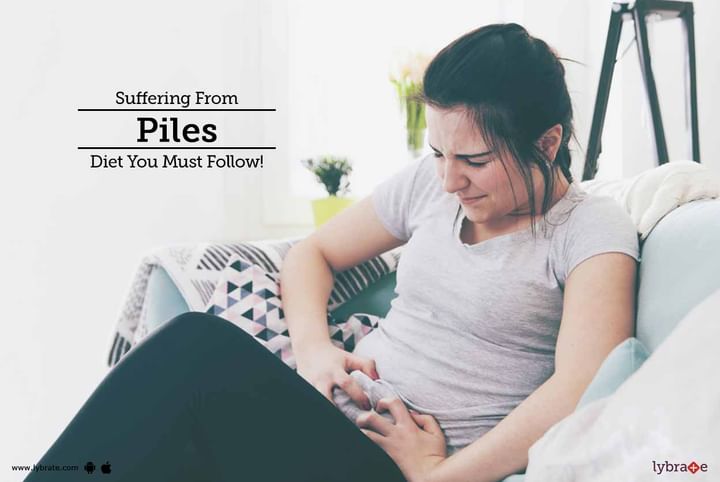Suffering From Piles - Diet Plan You Must Follow!
Hemorrhoids are commonly known as piles. They are swollen blood vessels or blood clots in or around the anus and rectum. The veins are located in the lowest part of the rectum and the anus and in some instances they can swell which makes the vein walls stretch. This, in turn, can restrict or irritate the passing of the bowel movements. Piles can be broadly classified into two general categories Internal and External.
While there are many treatment plans of curing piles, nothing can come near the age-old treatments in curing piles. The treatment focuses on curing the symptoms from within and concentrates on the root cause of the problem. This makes it more efficient as far as the treatment is considered and it drastically reduces the chances of hemorrhoids from occurring again. While there are some medications as a part of treatments, it is also mandatory that one must follow a strict diet regime for the treatment to be a success. The diet plan for piles of patients is also very much needed for the treatment to be a success.
Diet Plan for Piles Or Fistula Problem
Let us look at the diet plan for piles/Fistula patients. You can consult with your doctor to get to know more about this.
- Breakfast Diet Plan: Dalia (sweet or salty depending on the individual’s choice), Milk without fat, Tea, Toast, Chapati, Mix veg., Brown bread, Sprouts, Fruits like apple, etc.
- Lunch Plan: Chapatis, Cooked mixed vegetables, Daal (cooked pulses), Boiled rice, Takra (Buttermilk), Salad prepared from onion, tomato, radish, turnip, carrots, papaya, etc.
- Evening Tea/snacks Plan: Tea or coffee, Toasts, Dry fruits, Biscuits, roasted popcorns, or any other light food item can be taken.
- Dinner Diet Plan: Chapatis, cooked vegetables, Daal (cooked pulse), salad
Diet Food Items for Piles Patients
Patients suffering from piles problem can add and avoid these food items in their pile's diet plan. These food items are easily digested and help in the hemorrhoids problem.
- Avoid Milk Products: Avoid taking curd or buttermilk at dinner.
- Lukewarm Water: bedtime, lukewarm milk with a few drops of honey can be taken.
- Flour: Flour with Mixed grains flour like wheat, barley, gram, soybeans, etc. However, wheat flour with husk (without refining) can also be used.
- Pulses: Pulses, such as moong, masoor, gram, soybean, etc. can be eaten
- Vegetable Items: Vegetables like bottle gourd, radish, turnip, cabbage, cauliflower, raw green papaya, carrot, fenugreek leaves, chenopodium leaves, spinach leaves, tomato, potato, and other green leafy vegetables.
- Fruits Items: Fruits such as papaya, coconut, apple, litchi, figs, watermelon, orange, guava, etc. are good.
- Liquids Items: Liquids and juices, for example, coconut water, bottle gourd juice, apple juice, mixed fruit juice, aloe vera juice, trifala ras, wheatgrass juice, etc. can be taken
- Dry Fruits Items: Dry fruits like almonds, pistachio, dried grapes, etc.
- Spices: Spices that can be consumed turmeric, coriander powder, fenugreek, cummin seeds, ajwain, saunf etc.
- Oil & Ghee: Ghee and cooking oils like Cow’s ghee, mustard oil, olive oil, groundnuts’ oil, soybean’s oil, etc. can be used
- Avoid Fluid Items: Have plenty of fluids including water. Avoid the intake of Tea and Coffee.
- Avoid Non-Veg & Alcohol: Avoid non-veg. and junk/spicy food items. Avoid smoking and alcohol and also do not indulge in chewing tobacco products.
In case you have a concern or query you can always consult an expert & get answers to your questions!
Update From Lybrate: To keep your Gut Health on track and to avoid constipation and gastric troubles, we suggest you buy Gut Care products available on Lybrate at affordable prices.



+1.svg)
